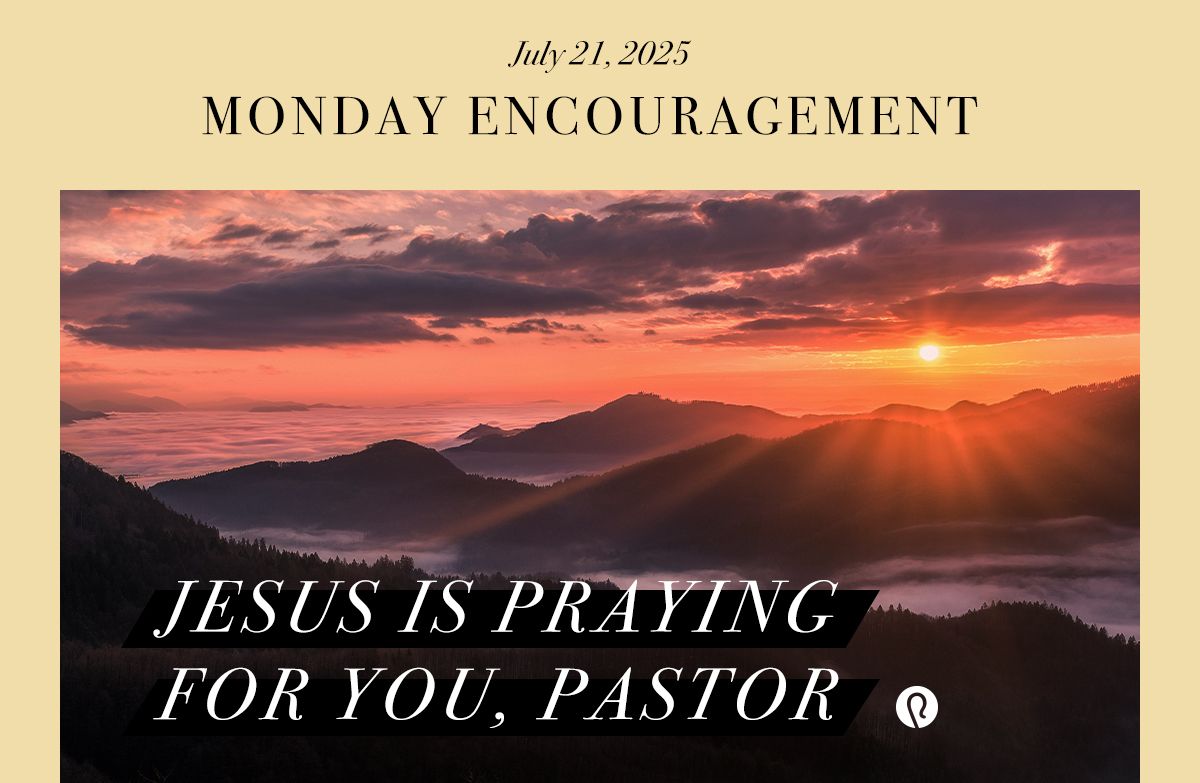Sometimes your ministry doesn’t have everything you think it needs. Maybe you need more volunteers, more resources, more money, or more time to do what God is calling you to do.
When you understand the Law of the Harvest, you’ll understand the secret of how God meets your ministry needs.
What is the Law of the Harvest? What you reap, you will sow.
The Bible says the more we give away, the more we’ll get back. Many verses in Scripture deal with this principle. I’ve put it into practice multiple times when we’ve had a need at Saddleback Church.
You’ve heard Matthew 17:20 many times. You’ve likely even preached from it—although I think most people misinterpret it.
“‘You don’t have enough faith,’ Jesus told them. ‘I tell you the truth, if you had faith even as small as a mustard seed, you could say to this mountain, “Move from here to there,” and it would move. Nothing would be impossible’” (Matthew 17:20 NLT).
I believe Jesus is telling us it’s not the size of our faith that matters. It’s the size of our God who we put our faith in. A little faith in a big God gets big results.
But I believe he is saying something else that’s even more important. Jesus isn’t just comparing faith to the size of a seed; he’s also comparing it to the nature of the seed. When you understand how a seed operates, you’re going to understand how faith operates in your ministry.
How does a seed operate? You must plant it to bear fruit. A seed is useless unless it’s planted. Faith is like that.
This truth reveals three steps to using the harvest principle in your ministry.
We must look to God as our only source of supply.
Paul teaches us this in Philippians 4:19: “This same God who takes care of me will supply all your needs from his glorious riches, which have been given to us in Christ Jesus” (NLT).
When Paul says God will meet all your needs, he holds nothing back. God will meet your need for resources, money, volunteers, and so on. Where God guides, he provides.
One reason we struggle with this is because we tend to confuse the channel with the source. Even pastors struggle with this sometimes. We easily think our hard work, our talents, and our resources are our supply—but those are simply channels. God should get all the credit.
James 1:16-17 reminds us: “My dear brothers and sisters, do not be fooled about this. Every good action and every perfect gift is from God. These good gifts come down from the Creator of the sun, moon, and stars, who does not change like their shifting shadows” (NCV).
Whenever we have a need, we must plant a seed.
Whenever you have a need, look for something to give away. God says doing this demonstrates faith.
Some people have been praying and praying for God to answer, and he is saying, “I heard your prayer a long time ago. You’ve never planted a seed. I don’t want just prayer. I want action.”
Second Corinthians 9:6 says, “Remember this—a farmer who plants only a few seeds will get a small crop. But the one who plants generously will get a generous crop” (NLT). If you plant a little, you get a little. If you plant a lot, you get a lot.
When you give something away, God gives it back to you—and he gives you more than you need so that you can share with others.
We must expect a harvest.
The harvest is inevitable, regardless of how you feel about it. If you’re trusting God as the source of your supply and planting seeds, you can expect a harvest.
Jesus tells us in Luke 6:38, “Give, and you will receive. Your gift will return to you in full—pressed down, shaken together to make room for more, running over, and poured into your lap. The amount you give will determine the amount you get back” (NLT).
God is doing in your life and ministry what you expect him to do. When God explodes a ministry, he does it because you expected him to do it. It’s not because you deserve it. It’s because you planted a seed.
I’ve seen this ring true in my ministry and in the ministries of others. The more you plant, the more results you’ll see.
I want to give a word of caution, though. God is not a vending machine. A vending machine will give you whatever you want, even things that can hurt you. Instead, he is a loving Father to everyone who believes in him.
Over and over in God’s Word, he has proven his love for us by giving us principles to live by—principles that, when we put into practice, will help us become more effective in ministry.







